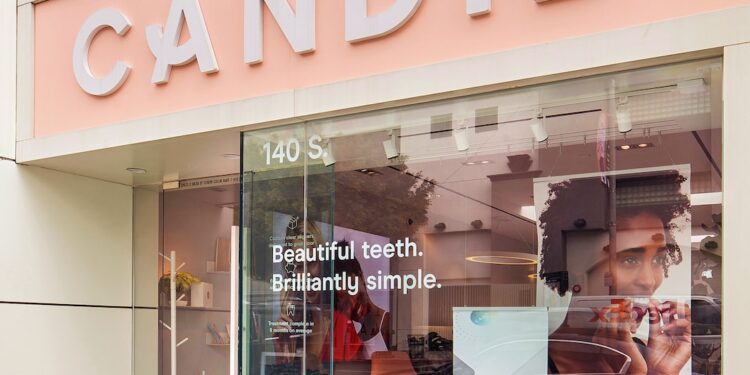Understanding Influencer Marketing: Its Impact on Retail
In today’s digital landscape, influencer marketing has become a powerful tool for brands to connect with their target audience. With the rise of social media platforms and the increasing number of internet users, influencers have emerged as the new celebrities, whose opinions and recommendations hold immense value. In this blog post, we will delve into the world of influencer marketing and explore its impact on the retail industry.
So, what exactly is influencer marketing? It refers to the practice of partnering with individuals who have a large online following and credibility in a particular niche to promote a brand or product. Influencers can be bloggers, YouTubers, Instagrammers, or any other form of content creators who have built a loyal and engaged audience.
One of the reasons influencer marketing has gained popularity is because of its effectiveness in reaching a target audience. Traditional marketing tactics, such as TV commercials and magazine ads, are becoming less effective as consumers increasingly turn to social media platforms for information and recommendations. Influencers provide brands with direct access to their followers, who are often their target customers, resulting in a higher likelihood of conversion.
In the retail industry, influencer marketing has proved to be a game-changer. Consumers often rely on influencers for product recommendations, reviews, and styling inspirations. By partnering with the right influencers, retailers can increase brand awareness, drive traffic to their online or physical stores, and boost sales. For example, a fashion brand collaborating with a fashion blogger can create a buzz around their latest collection, resulting in increased interest and purchases.
One of the biggest advantages of influencer marketing is its ability to build trust and credibility. Influencers are seen as authentic and relatable, and their audience follows them because they trust their opinions. When an influencer endorses a product or brand, their followers are more likely to perceive it as an honest recommendation rather than a paid advertisement. This helps in establishing a strong connection between the brand and the audience, fostering loyalty and long-term relationships.
However, influencer marketing also comes with its challenges. As the industry grows, so does the concern of authenticity and transparency. In recent years, there have been instances where influencers have been called out for promoting products without disclosing their paid partnerships. This has led to a growing demand for transparency in influencer marketing. Brands and influencers now need to be more transparent about their collaborations, ensuring that their audience is aware of any commercial associations.
Moreover, with the increasing number of influencers, brands need to carefully choose their partners. It is not just about the number of followers an influencer has, but also about the quality of their engagement. Brands should look for influencers whose values align with their own, ensuring that the collaboration feels genuine and authentic.
In conclusion, influencer marketing has transformed the retail industry by providing brands with a powerful medium to connect with their target audience. Influencers have emerged as trusted voices in their respective niches, capable of influencing purchasing decisions. However, it is important for brands and influencers alike to practice transparency and authenticity to maintain the trust of their audience. With the right strategy and collaboration, influencer marketing can drive significant growth for retailers in the ever-evolving digital landscape.















